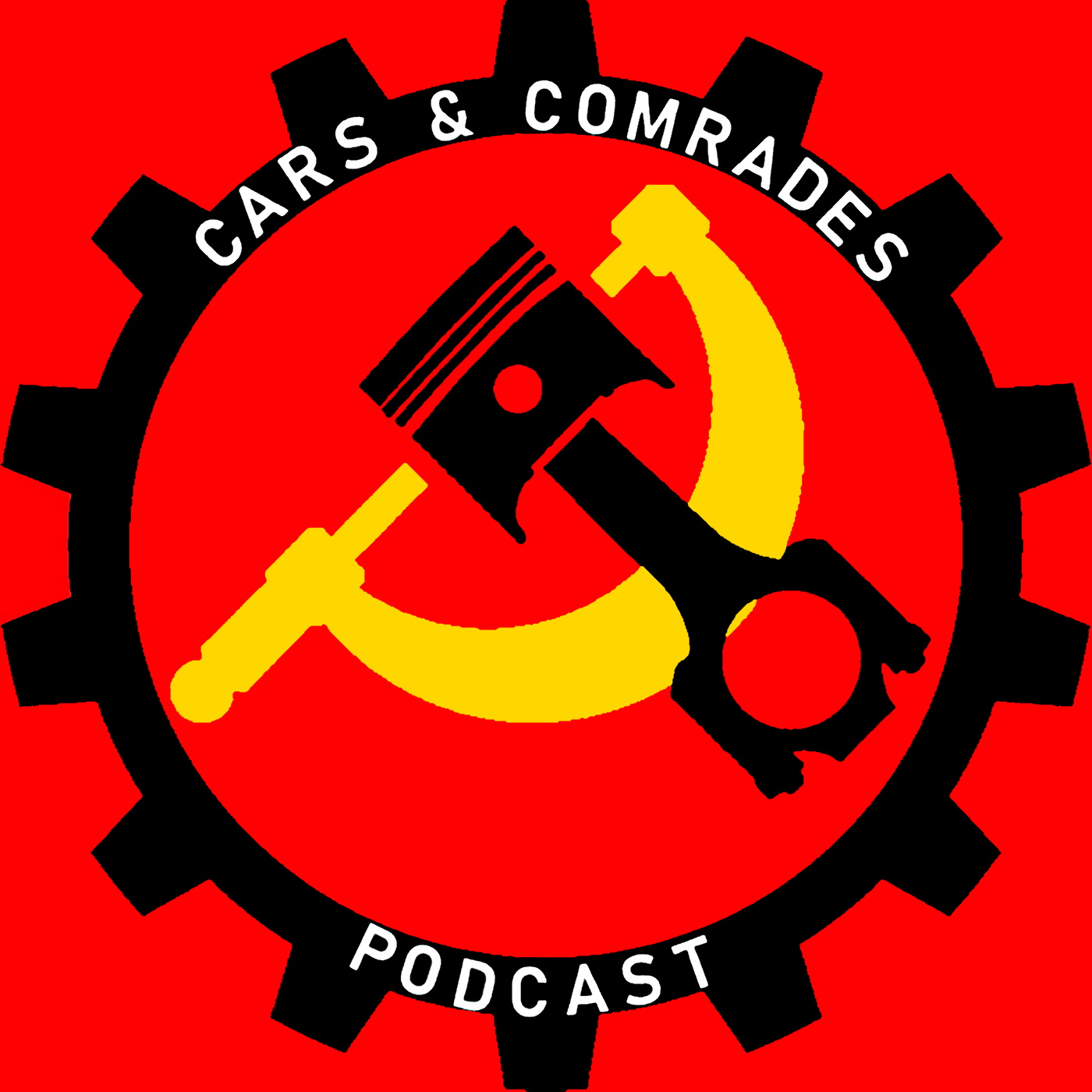asked this on c/urbanism once but figured I'd ask here also
Rural areas will most likely need cars forever, but better train infrastructure can minimize the usage for low occupancy vehicles
Ideally you would let people use what they want to use. Which would mean giving them alternatives. Not forcing them to use anything.
Cars are used like boats: They are a fun hobby but not one that you expect to bring everywhere. They are only used by people who want to use them; everything else is provided for with superior public transit and walkability. Like boats, there are some places where cars make sense; very rural places for instance, or for recreation.
Speed limits are abolished, instead roads are designed for the speed that should be permitted. Urban streets will be very narrow and hard to drive in, rural roads will be fun and twisty, and freeways are now only for the least dense areas. Drivers are required to pass much more thorough licensing exams and are rechecked every 5 years.
Bicycle infrastructure is as extensive as it is in the Netherlands, and parking minimums are abolished.
Retro hobby interests, racing, people living in rural areas probably will need some type of short/medium range personal vehicle, emergency services, repair/delivery people.
Cities should be mixtures of commuter and freight rail, lightrails, metros, and buses. Car rentals should be subsidised in some way for special use, but I want Japanese-style urban trucks at the largest and almost no urban private ownership. Union taxis can fill the gaps within the city. Also, those Dutch standardised bike lane updates with new road maintenance/construction that were in the latest Well There's Your Problem episode. Every road where bike commuting is a practical option should have the same standards nationally and focused around biker safety rather than driver convenience.
Suburbs should be burned to the ground and converted to forests.
Rural areas should have regular bus service with commuter options that funnel to commuter trains running England-but-Good lines. That's ideally at least a chunk of passenger transit, but I live in the mountains. Only very small buses could navigate these roads in good conditions, and without the population density to make them efficient. Running rails through this area also wouldn't make sense for the same reason. My car, a fuel-efficient hatchback, is insufficient both for the kind and amount of cargo living here requires and the condition of the roads. If pickup trucks have to exist, this is the specific kind of area where their ownership shouldn't come with significant disincentives. Otherwise the only private vehicles that shouldn't be disincentivised should be utilitarian options designed by state bureaus for specific uses. There shouldn't be an arms race between SUV sizes, surrogate penis cars outside of municipally-run race tracks where you can rent them for that purpose, or ten competing models of the same car using ten mutually exclusive parts. I should be able to go into a parts store and say I own the hatchback, at which point I receive parts for the hatchback. Development in areas where cars are necessary should be disincentivised unless for necessary shit like agriculture.
i could see some kind of short range, chargeable EV cars stationed at bus/tram/train stations for personal use. limited range, draw power from the grid, mostly just for local sightseeing. free to use, return when finished. limited speed. basically a longer range e-bike or scooter. if you want to take a vehicle up into the mountains or visit some beautiful farmlands or other nature and have a family or it's too far for a smaller vehicle and the local tram system isn't as well developed.
I'd permit cars, but I would make them not be the primary means of transportation, so they will ACTUALLY be more symbolic of freedom: you can have one if you like, but 9 times out of 10 you don't need one and my country's culture will not pressure you into getting one.
This is because in my ideal world, most people would live in either megacities, smaller cities or rural communities. Public transportation (which usually gets you 4 dollars back in economic output for every dollar you put into it) will be the primary mode of transportation but cities will be as walkable as possible. Keep in mind that this is me talking about a country built from the ground up.
Cars are definitely fine, but they're more marketed towards people living in the countryside or hobbyists rather than everyone.
Yeah, probably similar to a lot of comments here already, but 1 in every 100 people have a 1993 Mustang kept away in the garage for special occasions. They'd be a relic of a distant capitalist past, but let us keep them :O
Cars shouldn't be used for commuting by anyone if possible. Commuting via car sucks ass, I'd rather sit on a train and read a book or play games on my phone.
On the weekends I'd like to take a train or bus to a racetrack or off-road park and wheel around in a racecar or a Jeep that someone else maintains. Or maybe I'd work a few shifts maintaining the cars and track to pay for my driving sessions.





